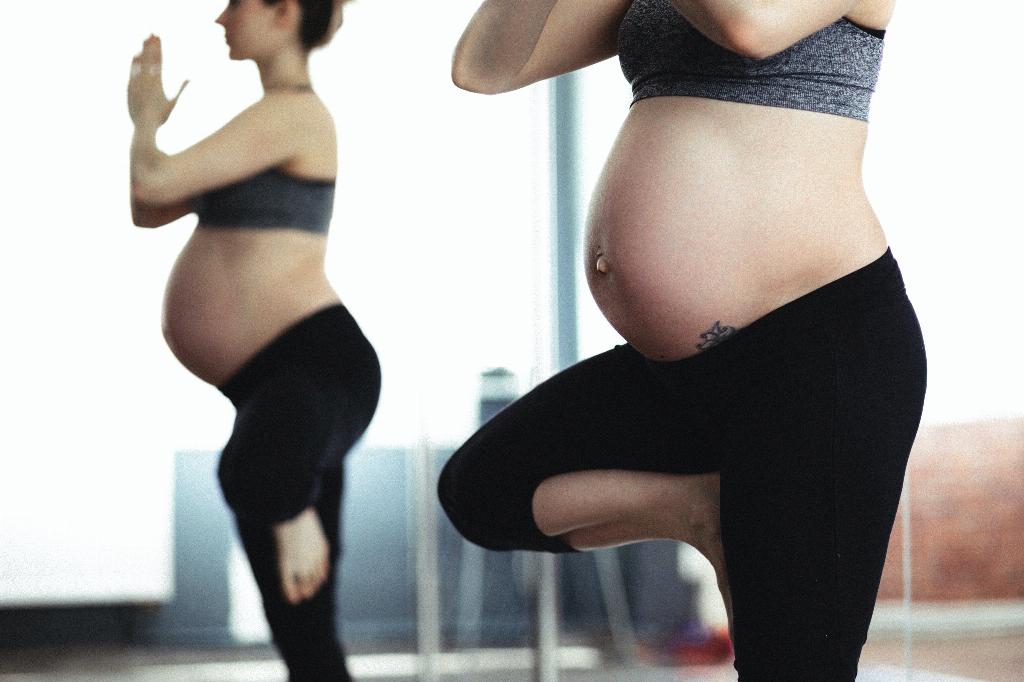One of the most exciting moments during pregnancy for many expecting mothers is the eagerly anticipated emergence of the baby bump. The timing of when you begin to show can vary from person to person due to a variety of factors, such as the individual’s body type, weight, and whether it’s their first pregnancy or not.
Early Signs of a Bump
Typically, the initial signs of a baby bump start to become noticeable during the second trimester of pregnancy, which is usually between weeks 12 and 16. However, some individuals may begin showing as early as 12 weeks, particularly if they have a smaller build with less abdominal fat.
Factors Affecting When You Start To Show
The timing of when the baby bump starts to show can be influenced by several factors. For instance, women who are of lower weight and have a smaller midsection may notice their bump earlier than those who have more weight to begin with. Similarly, if it’s not your first pregnancy, you may show earlier than you did with your previous pregnancies.
Body Changes During Pregnancy
As the pregnancy progresses, various changes occur in the body that contribute to the eventual appearance of the baby bump. The uterus expands to accommodate the growing fetus, pushing the abdominal wall forward and causing the belly to protrude gradually.
Individual Variations in Pregnant Bumps
It’s important to remember that every pregnancy is unique, and the rate at which a woman begins to show can vary widely from person to person. Factors such as genetics, muscle tone, and the position of the uterus can all play a role in determining when the baby bump becomes noticeable.
Embracing the Baby Bump
For many pregnant women, the emergence of the baby bump is a joyful and exciting milestone that marks the tangible presence of their growing baby. It’s a visible reminder of the incredible journey of pregnancy and can evoke a range of emotions, from anticipation to wonder.
Seeking Professional Guidance
If you have concerns about the timing or progression of your baby bump, it’s always recommended to consult with your healthcare provider. They can provide personalized advice based on your individual circumstances and ensure that everything is progressing as it should be.
Monitoring Your Baby’s Growth
While the appearance of the baby bump is an exciting aspect of pregnancy, it’s also essential to focus on the overall health and development of your growing baby. Regular prenatal check-ups and ultrasounds can help monitor your baby’s growth and ensure that they are thriving inside the womb.
Enjoying the Journey
As your pregnancy progresses and your baby bump becomes more prominent, take the time to cherish each moment of this incredible journey. Whether it’s the first flutter of movement or the first kicks that you feel, each experience is a precious reminder of the miracle of life unfolding within you.
Connecting with Other Expectant Mothers
Sharing your pregnancy experiences with other expectant mothers can be a source of support and camaraderie during this special time. Joining pregnancy groups or attending prenatal classes can provide you with a sense of community and an opportunity to bond with others who are also on this remarkable journey.
Embracing Your Changing Body
Throughout pregnancy, your body undergoes incredible transformations to nurture and support the life growing within you. Embrace these changes with love and gratitude, recognizing the strength and resilience of your body as it adapts to accommodate your developing baby.
Celebrating the Arrival of Your Little One
As you eagerly await the arrival of your little one, the baby bump serves as a symbol of the profound connection between mother and child. Celebrate this special bond and the impending arrival of your baby with joy, anticipation, and a heart full of love.

